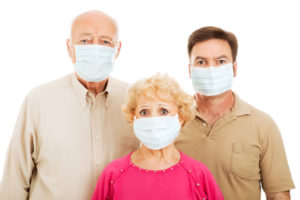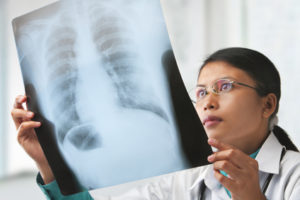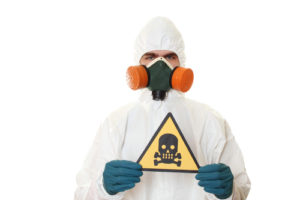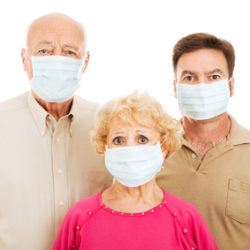WebMD Weighs in On Mold Health Issues

Health Risks of Mold
Each month nearly 10 million people turn to WebMD for medical information and advice about managing their health. Here’s what the site has to say about the risks of indoor mold and fungus as well as tips for controlling its growth.
Health Risks of Mold
Touching or inhaling mold spores can result in allergic reactions such as sneezing, itchy and runny eyes, and skin rashes. While symptoms are more intense in people who are sensitive to mold, they can also occur in people who are not normally prone to allergies.
Individuals with pre-existing upper respiratory conditions like asthma are extremely susceptible to symptoms of mold exposure. Others at high risk include infants and children, the elderly, and people with compromised immune systems.
Moisture: The Lifeblood of Mold
Mold is omnipresent so it’s impossible to eliminate completely, but you can take measures to prevent mold from infesting indoor surfaces. The most important step is controlling moisture, which is the main ingredient that mold needs to thrive.
If you find mold and fungus growing in your home or building, this means the conditions are right, whether it’s due to a broken water pipe, excess humidity or leak in the basement. Removing the mold is only a cosmetic solution, and the problem will reoccur unless you address the underlying cause.
MoldExterm Destroys Mold and Fungus, Not Your Home or Building
Do you suspect mold in your NYC or northern NJ home or business? Stern Mold’s proprietary MoldExterm system removes fungus and lays down a protective barrier while sparing walls, counters and other building materials. Contact us today to schedule a free mold inspection from our professionally trained technicians.



